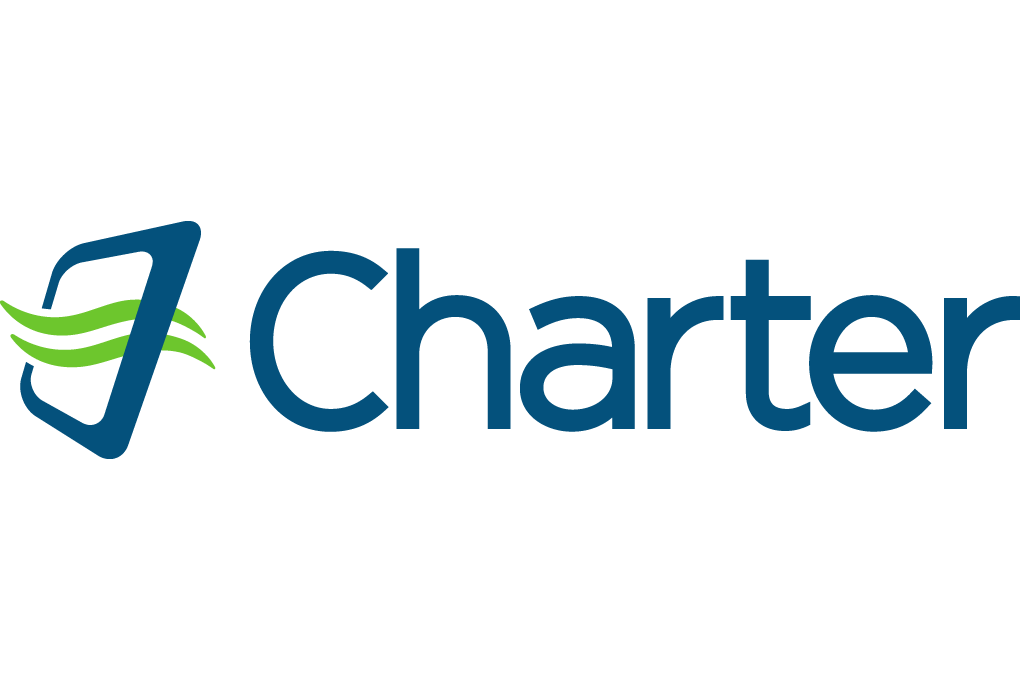Charter Talks Up Mobile Plans As It Ends Time Warner Cable Video Discounts

Charter Communications is the No. 2 cable provider — but it’s starting to sound more like a wireless company based on CEO Tom Rutledge’s comments to analysts in this morning’s conference call to discuss Q4 earnings.
Much of the talk involved Charter’s plan to introduce a mobile service in 2018 that blends its wifi services with Verizon’s cell network.
“Our goal is to include wireless services in our packages and drive more customer relationship growth,” Rutledge says.
In addition, Charter plans field trials to see how it can mix its wired networks with speedy 5G wireless connections.
“Over the long term, our goals with wireless and mobility and our wireless business plan will broaden,” the CEO says.
He notes that “almost all” of Charter’s 22 million broadband customers already use wifi routers in their homes, and they serve more than 200 million devices. “Many of those are phones and have a contract with a traditional mobile cellular provider. But 75% of the bits on those devices are coming through the wifi platform. So we’re a wireless provider of data services today.”
That could grow as people turn on to virtual and augmented reality products, which typically use smart phones and goggles. Most people will use them in homes and offices. “They’re less about mobility than about capacity and low latency, and our networks set up well from a capital cost perspective.”
He also sees opportunities for Charter to use wifi or 5G to serve mobile needs in defined areas such as strip malls.
As for the traditional cable video offering, Charter reported that its subs declined 1.3% to 16.8 million in Q4. Much of the decline came as the company ended discount plans that Time Warner Cable introduced to bulk up its sub numbers before last May when Charter paid $78 billion for TWC and $10.4 billion for Bright House.
Churn is likely to continue for a while. “There were 96,000 different promotional offers out there,” Rutledge says. “The sheer logistics of managing that has been a challenge….In the fall of 2015 those offers were significant and they obviously went through close [of the deals] — even a little bit afterward.”
Charter is focusing on “customers that we think are valuable customers and less vulnerable to churn than the customer base that’s currently there,” Rutledge says.
He adds that “our rates have moved around a lot incrementally compared to what they were in the legacy properties, but when you net it all out it’s not a rate-driven strategy.”
The CEO says he likes what he sees so far from the Trump administration’s new FCC chairman Ajit Pai, who is expected to reverse initiatives to enforce net neutrality rules and has derailed an effort that would have allowed pay TV customers to buy their own set top boxes.
“We were bullish about the business before the change in administration, and prepared to live in the regulatory environment that was there,” he says. But now “it appears to be better, and makes us more excited about the future of our business.”
He sees a “good probability” that the change to regulate the internet as a utility, to ensure that ISPs don’t give some services faster transmissions than others, “will be reversed, which would be a good thing for us.”
He adds that “we didn’t have a business plan to use paid prioritization.”
And the set top box matter, he believes, was “about Google and others having access to video content without paying for it.”
The company reported net income of $454 million, up 249% vs the period in 2015, on revenues of $10.28 billion, up 7.2%. That beat the Street’s expectation for $10.23 billion. Earnings at $1.67 a share topped predictions for $1.05.
Related stories
Univision Back On Charter Cable Systems After Court Ruling In Carriage Dispute
Univision Goes Dark On Charter Cable Systems Over Carriage Dispute
Univision Warns: Charter Customers May Lose Broadcasts Due To Contract Impasse
Get more from Deadline.com: Follow us on Twitter, Facebook, Newsletter

